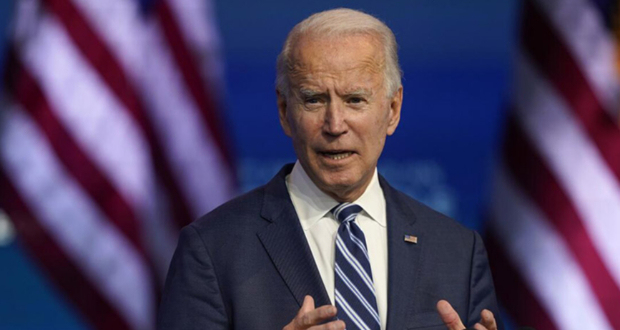The United States (US) Congress is currently facing an unprecedented strain, primarily due to the ongoing tug-of-war between Republicans and Democrats on a range of issues, spanning from domestic politics to international and geopolitical matters. Importantly, domestic issues now seem inseparably hyphenated with US national security and international politics. In a recent development, President Biden’s proposal aimed at securing US$105 billion aid to Ukraine and Israel and for border security, primarily aimed at consolidating the US’ alliance commitments and bolstering America’s international standing, was thwarted by Republicans in the Senate. This obstruction stemmed from an unprecedented linkage between national security concerns, such as border security at the southern borders of the US, the influx of immigration, and international aid for Ukraine and Israel.
The two ongoing wars, one in Europe and the other in the Middle East have driven a wedge in the US Congress. The Democrats have also blocked an Israel-only bill in the US House of Representatives that sought to de-hyphenate Israel from Ukraine and provide the former with US$17.6 billion in assistance. The Senate Republicans paid back by blocking a bipartisan border deal which sought to tighten border restrictions. President Biden agreed to a rather restrictive border deal to salvage aid for a war-time Ukraine and save the democratic plank linking his party’s fundamental principles and his administration’s support to Ukraine.
The issue of aid to Israel is particularly complex for the administration, as some members of the Democratic Party are at odds with the ongoing conflict in Gaza and the civilian casualties it has caused.
While Democrats in the US Congress have tied the Biden administration's decision to provide aid to Ukraine and Israel to the issue of border security in the South, there is also a desire among some Democrats to separate the aid to Israel and Ukraine, as the latter may garner more bipartisan support. The issue of aid to Israel is particularly complex for the administration, as some members of the Democratic Party are at odds with the ongoing conflict in Gaza and the civilian casualties it has caused.




